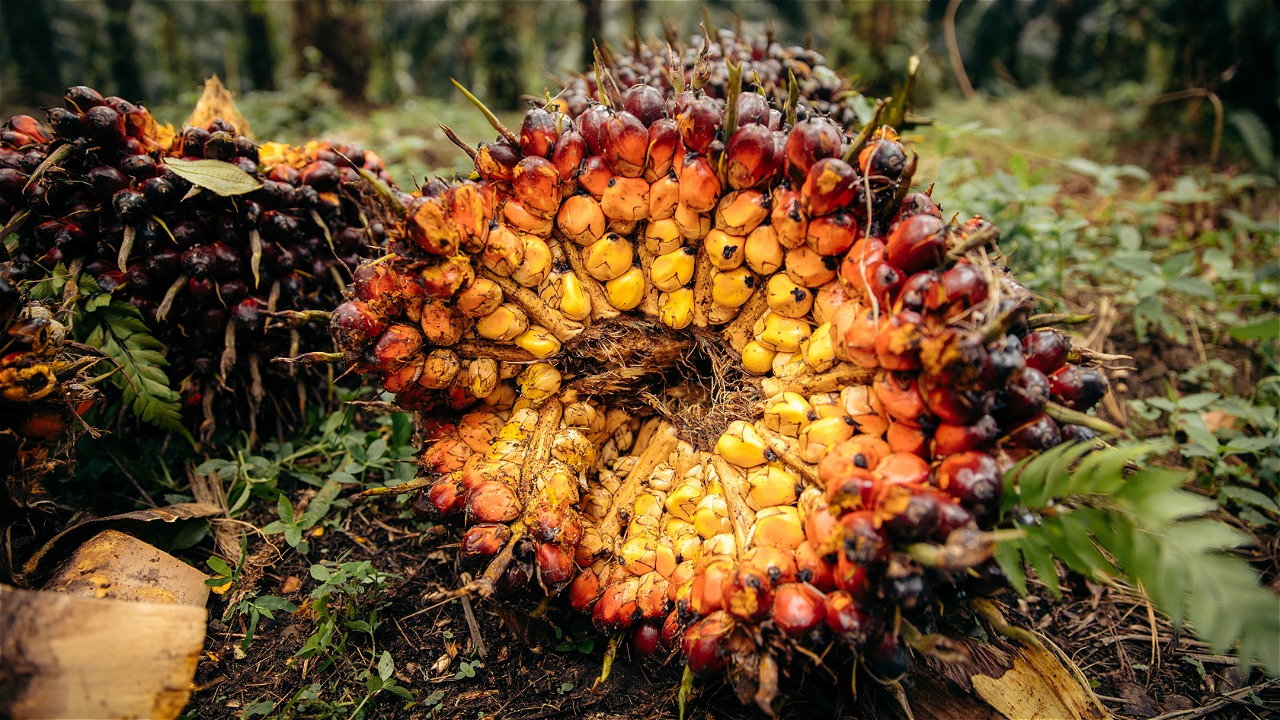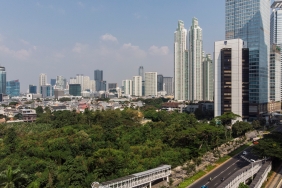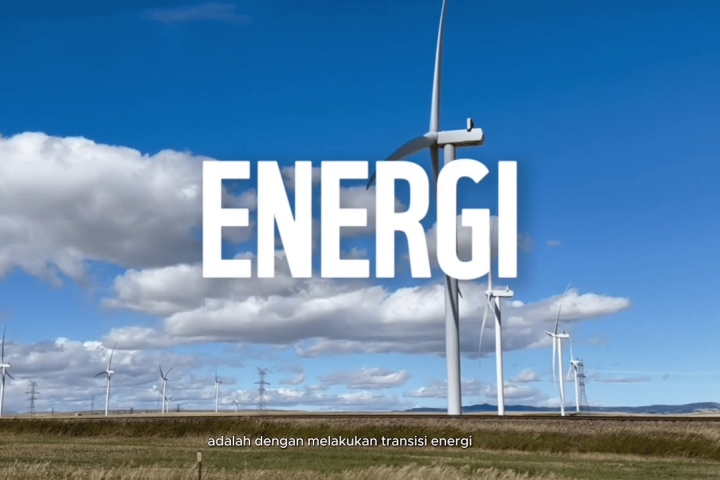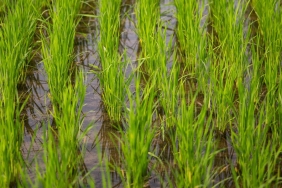SUSTAINABILITY, SOLUTIONS TO PALM OIL CHALLENGES
By: Siti Sadida Hafsyah, Oil Palm Adaptive Landscape Consultant
WWF-Indonesia organized the "Palm Oil Update" discussion by inviting the public, including stakeholders of the palm oil sector on June 15, 2017 at the Java and Sumatra Room, Shangri-la Hotel Jakarta. The significant role of the palm oil sector in Indonesia's economic growth is the background of this discussion, apart from the environmental and social issues that are currently challenging.
Directed in Common
Of course there have been efforts made by the Indonesian and Global Governments to face these challenges. One of them is the ISPO and RSPO certification system which is a guideline for sustainable oil palm plantations.
This discussion discusses the latest information related to issues and challenges faced by the oil palm plantation sector as well as innovations and new policy initiatives that are underway to encourage a sustainable Indonesian oil palm plantation sector.
Unveiling the Policy Push
There is an upgrade of ISPO from a Ministry of Agriculture Regulation to a Presidential Regulation. So far, the parties that are required to carry out ISPO certification are integrated companies, plantations, and mills. In the Presidential Regulation that is being drafted, all parties must be ISPO certified.
Willistra Danny, Assistant Deputy for Plantations and Horticulture from the Coordinating Ministry for Economic Affairs also said "The Perpres applies a multistakeholder approach, involving various parties including independent monitoring to play a role in overseeing the mechanism of the ISPO system and is authorized to provide reports."
The principle of sustainability is very important to be applied to overcome various problems that occur in the oil palm plantation sector. It cannot be denied that one of the issues of oil palm plantations is reducing the existence of forests. Forest areas that can be used as plantation land are forest areas with convertible production forest functions that are proposed to be Other Use Areas (APL).
Ardi Risman, Deputy Director of Forest Prevention and Security for the Sumatra Region, Ministry of Environment and Forestry explained, "If no APL proposal is made, this forest clearing is considered illegal based on Law number 18 of 2013. This applies to individuals and corporations that are indicated to have received FFB (Fresh Fruit Bunches) from oil palm plantations in forest areas/illegal."
Another alternative solution is the Social Forestry Policy in Ministerial Regulation number 83 of 2016. Or the Agrarian Reform Object Land (TORA), one of which is applied to solve problems around the Tesso Nillo National Park. There is also the Perkelapasawitan Bill which offers a breakthrough that is expected to solve the problems faced by the palm oil industry and encourage sustainability aspects in Indonesia to be recognized internationally.
Strengthening environmental protection is also supported by PP 57 of 2016 concerning Protection and Management of Peat Ecosystems. Where one of the points is the criteria for damage to the peat ecosystem in the cultivation function is the water level below 40 cm at the points of observation which will be determined through a Decree of the Minister of Environment and Forestry.
Stakeholder Movement
Stakeholders are not silent about the problems that occur. The private sector is also taking steps forward. Take Unilever, which targets all products that use palm oil derivatives, to use 100% Certified Sustainable Palm Oil (CSPO) by 2020 in its production process. Or Golden Agri Resources with its innovative financing program.
Insan Safaat from Golden Agri Resources explained that "the innovative financing program is a replanting program. We compensate the farmers when the plants fall down by Rp 500,000,-/ha/month for 48 months. This fee will be included in the credit facility which will be paid by the bank through the cooperative in the 5th year. GAR helps establish oil palm plantations in the provision of seedlings, fertilization, harvesting, and others. The target is smallholders, especially independent smallholders so that their productivity and income increase."
Related to increasing oil palm productivity, the Palm Oil Plantation Fund Management Agency (BPDP-KS) is empowering farmers and planning a replanting program and agricultural production facilities. The technical regulations will be regulated by the Ministry of Agriculture. Regarding the funding that can be obtained by farmers, Mansuetus Darto from the Chairperson of the Palm Oil Farmers Union stated that two aspects that need to be considered so that farmers can apply sustainability principles are legality and institutional aspects.
Together Moving Forward
Non-governmental organizations also support the implementation of sustainability aspects. WWF is helping the RSPO build traceability by conducting research on existing systems in the field. Collaborating with the Financial Services Authority (OJK) to create a commitment to environmentally friendly financing. And IDH encourages cooperation between governments, businesses, and NGOs to identify problems and solutions / mutual agreements through jurisdictional approach efforts.
This discussion received appreciation, one of which was conveyed by Derom Bangun, Chairman of the Indonesian Palm Oil Council (DMSI). The "Palm Oil Update" discussion is considered to trigger more formal cooperation between various parties to maintain sustainable palm oil in an effort to prosper Indonesia.





